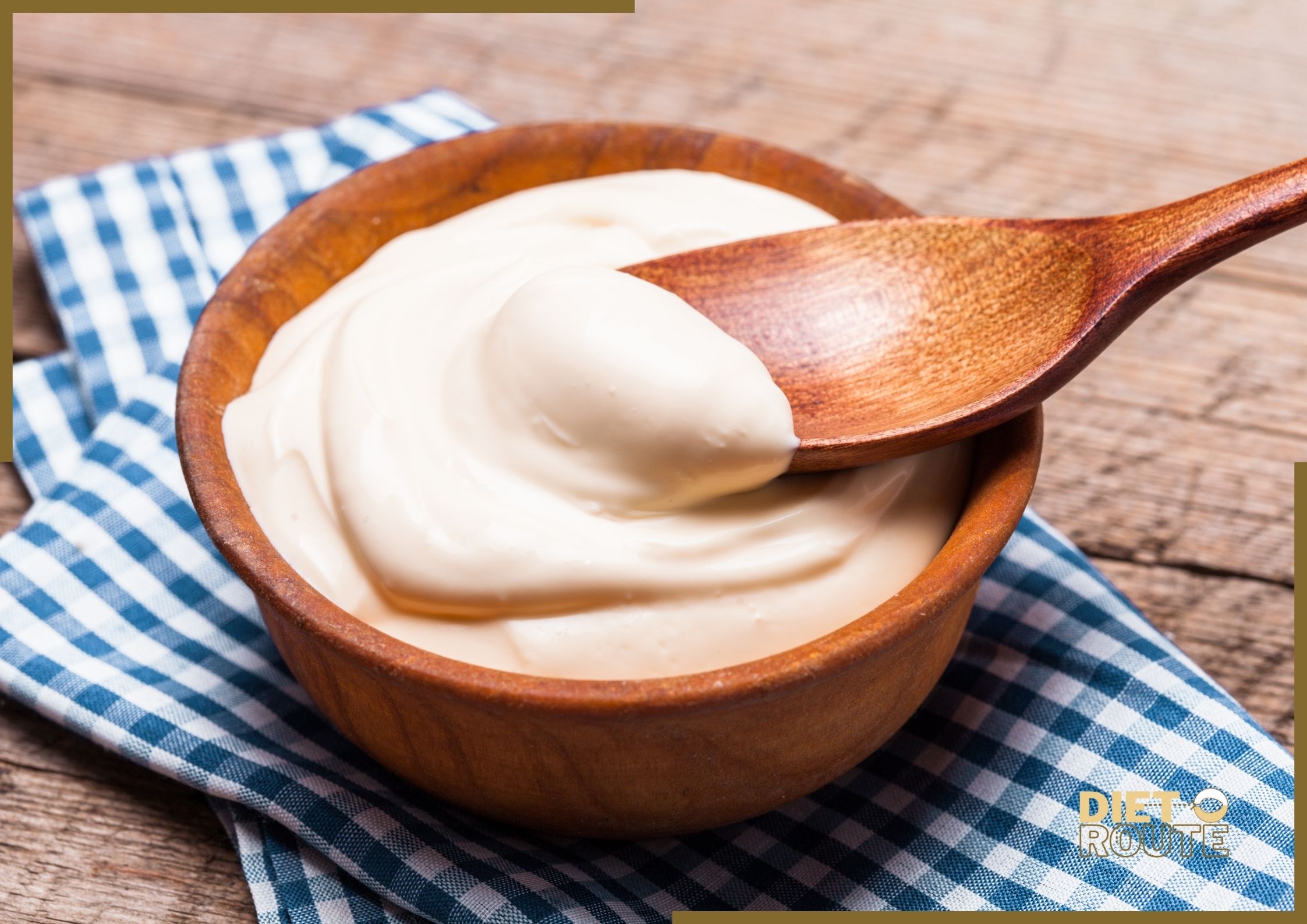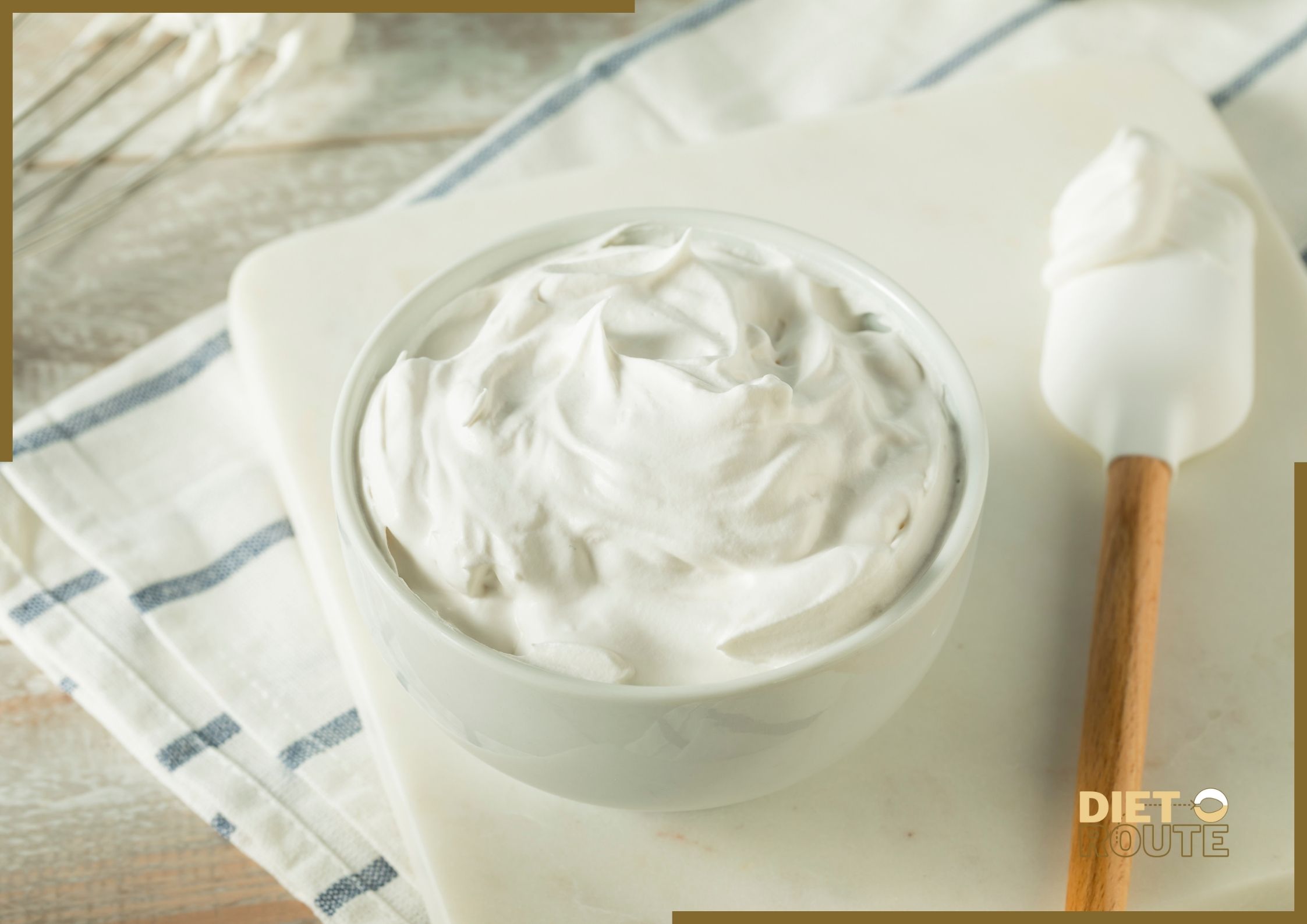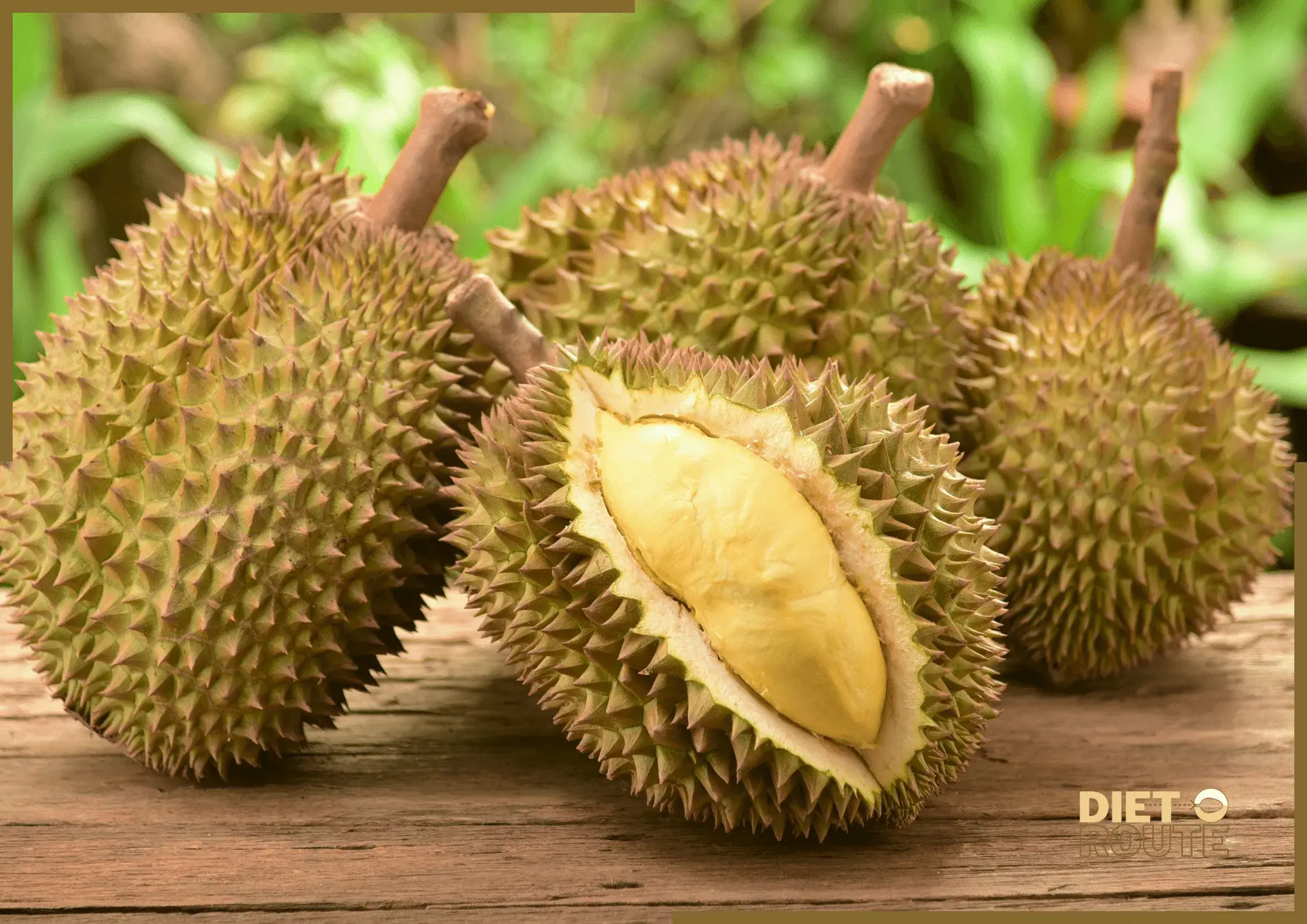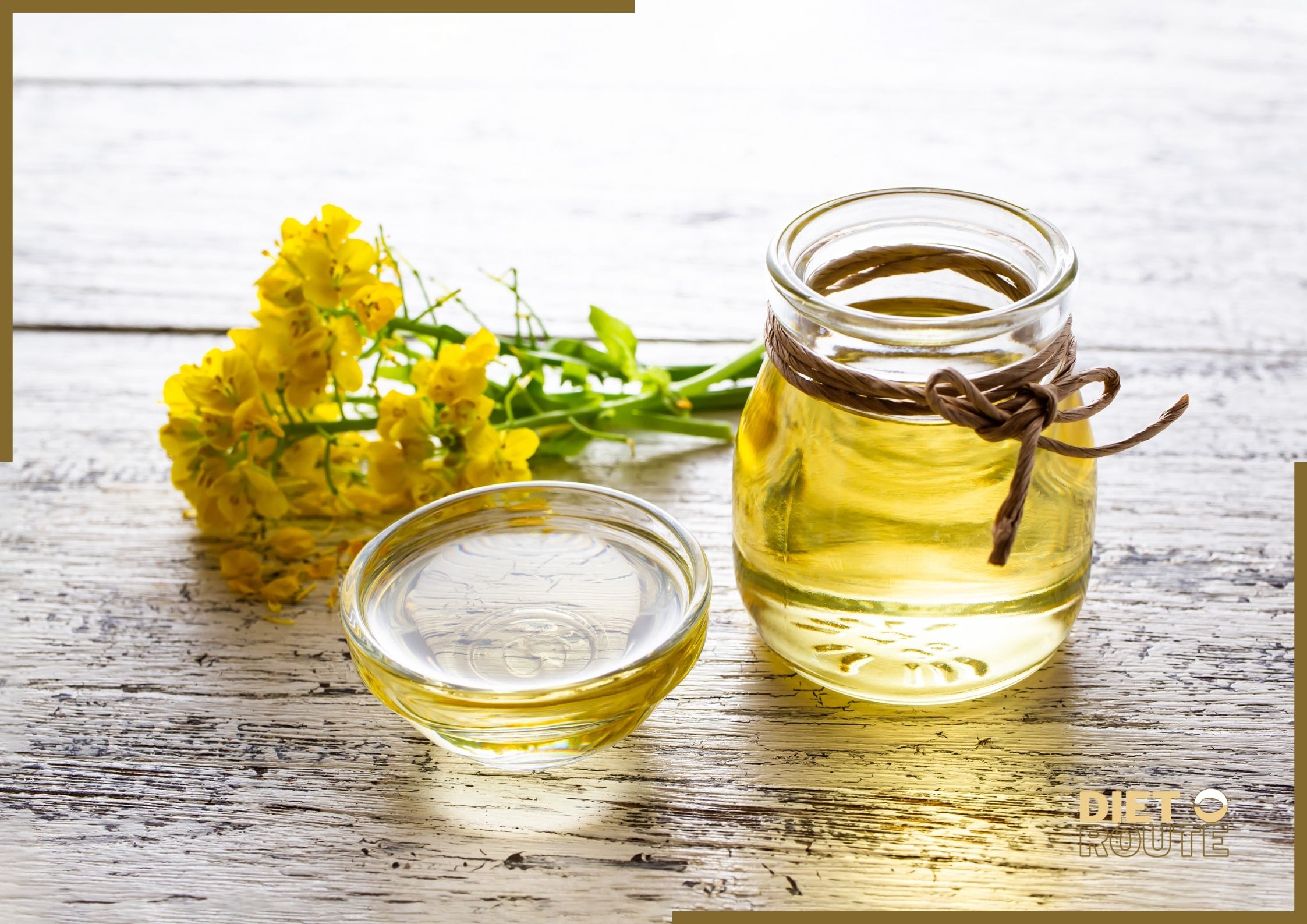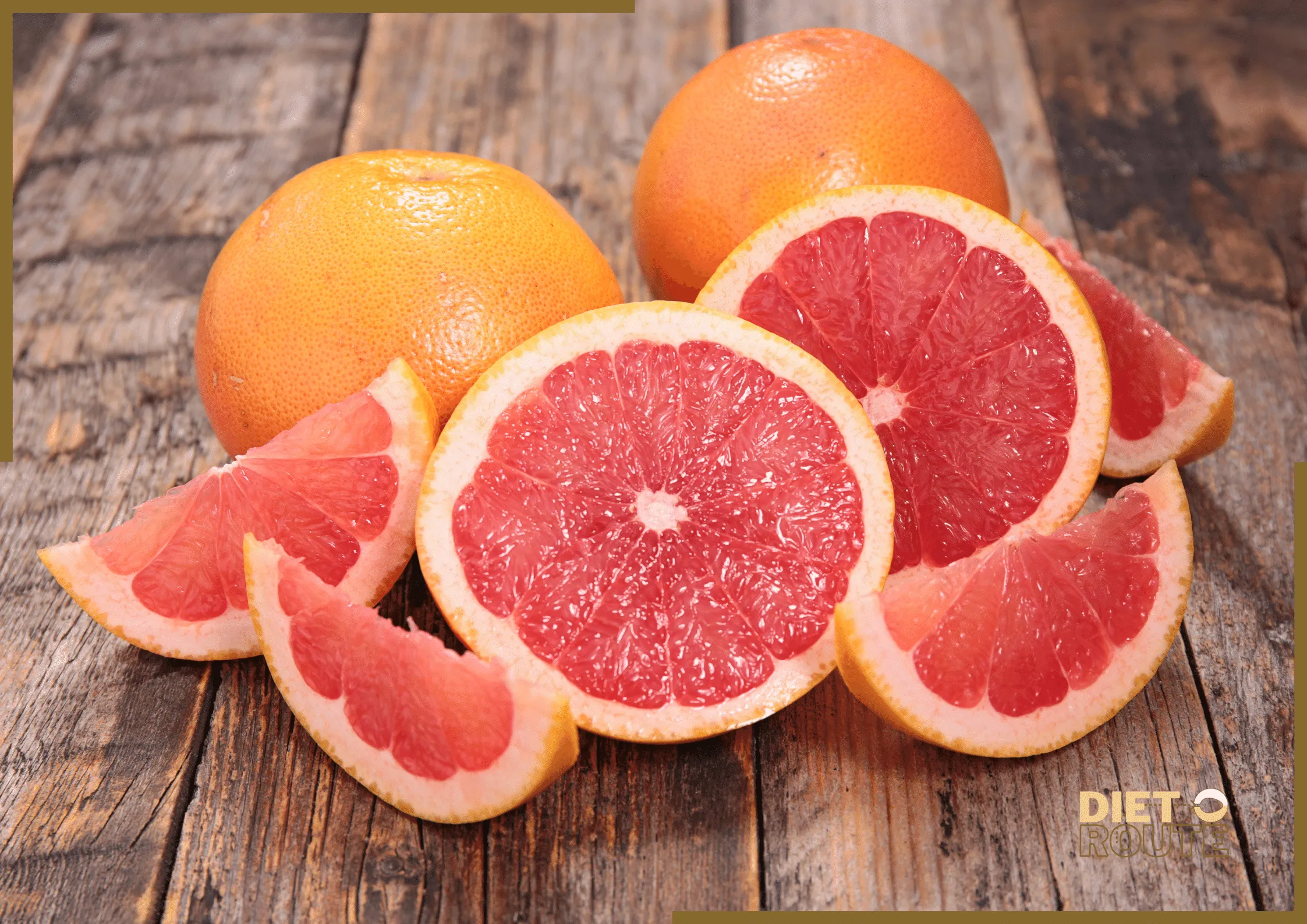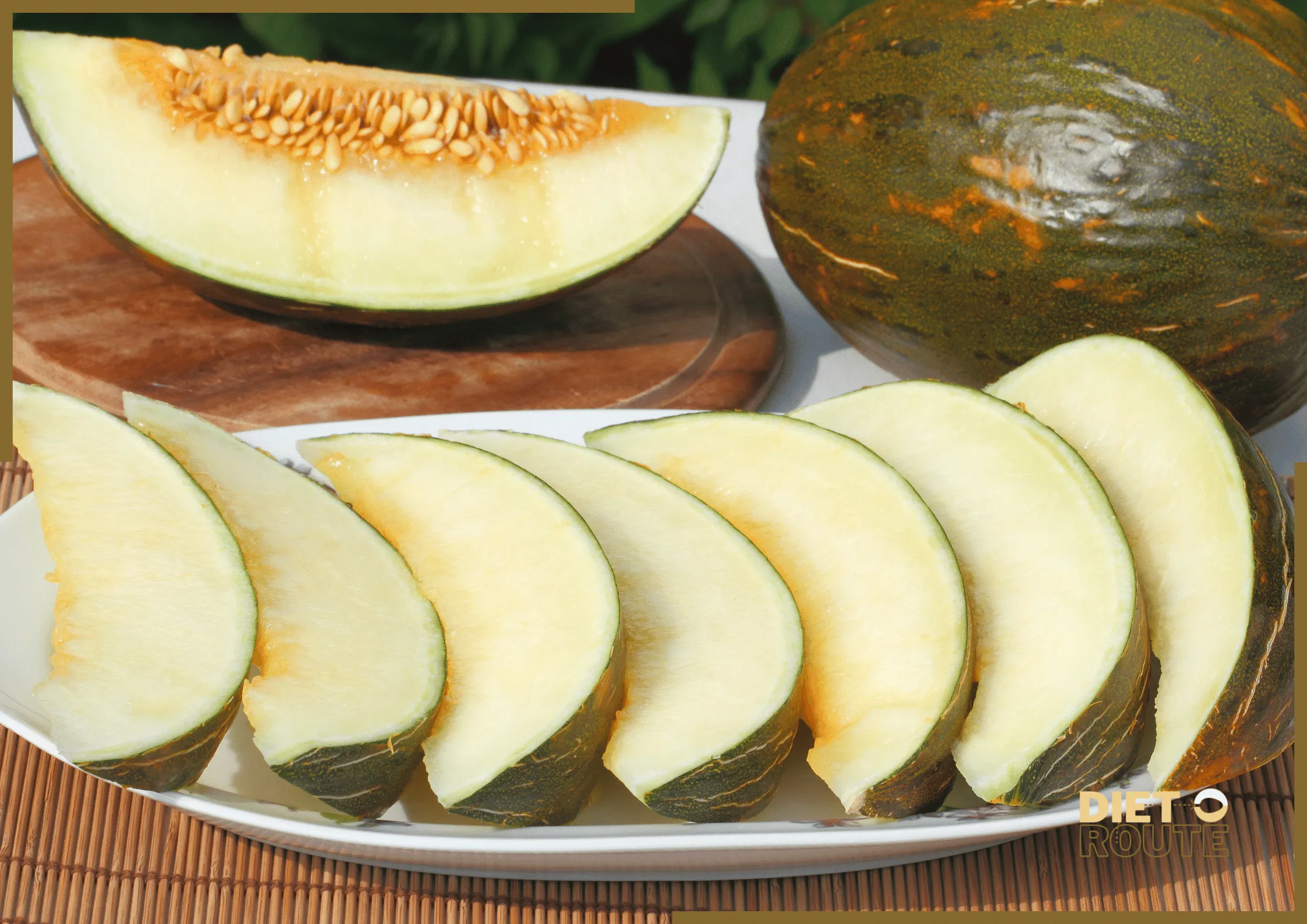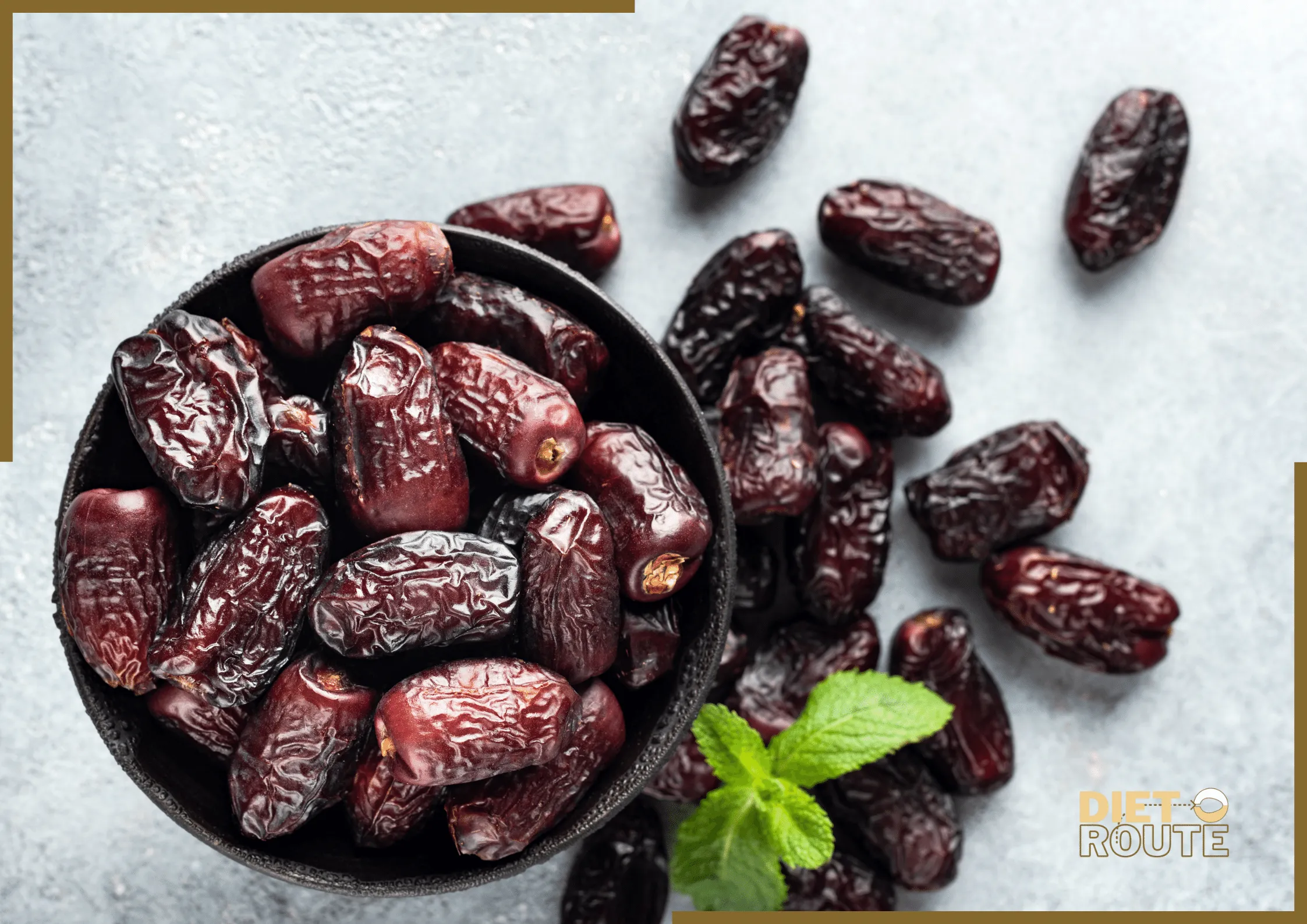Table of Contents
Introduction
A popular dairy product known for its tangy flavor and tangy texture is sour cream. It gives a delicious touch to food and serves as a versatile element in many different recipes. We’ll examine the nutritional content in this article, go through its pros and cons, respond to frequently asked questions, and offer valuable insights to help you decide whether to include it in your diet.
Nutritional Value Approximately 100g
| Nutrient | Amount Per Serving (2 tablespoons) | % Daily Value |
|---|---|---|
| Calories | 52 | 3% |
| Total Fat | 5.3g | 7% |
| – Saturated Fat | 3.3g | 17% |
| – Trans Fat | 0.2g | |
| Cholesterol | 20mg | 7% |
| Sodium | 12mg | 1% |
| Total Carbohydrates | 0.7g | 0% |
| – Dietary Fiber | 0g | 0% |
| – Sugars | 0.7g | |
| Protein | 0.6g | 1% |
| Vitamin A | 242IU | 5% |
| Calcium | 23mg | 2% |
| Vitamin D | 6IU | 2% |
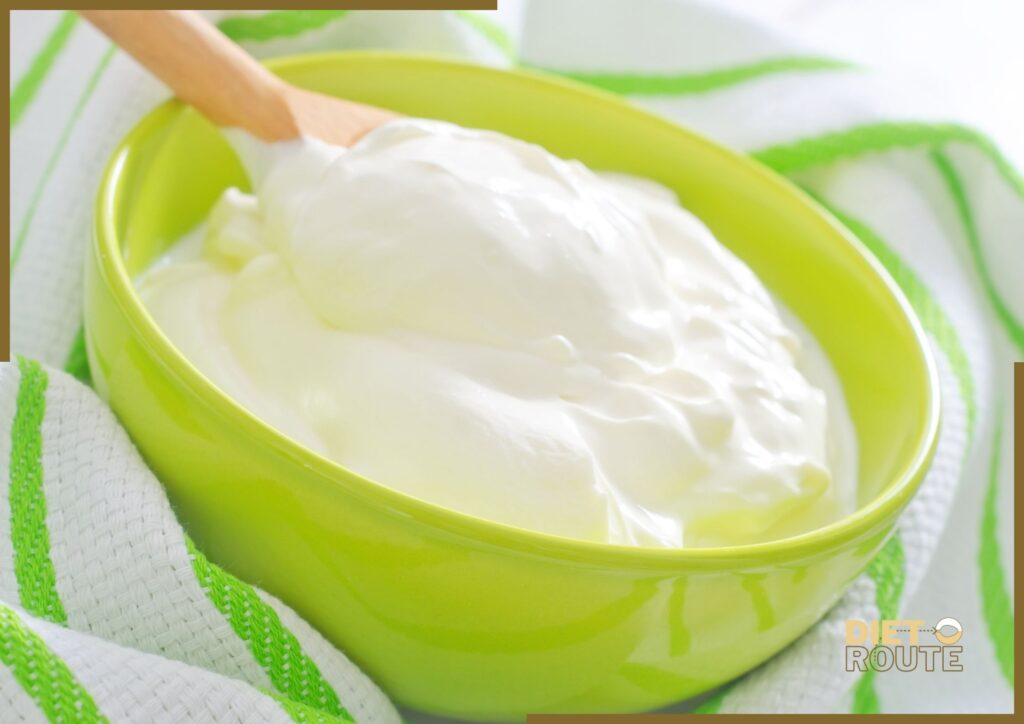
Pros
1. It gives dishes a rich, tangy texture and flavor that improves their taste and attractiveness.
2. It contains beneficial fats, including some monounsaturated and saturated fats, which are essential for hormone synthesis and food absorption.
3. It has both calcium, which is important for bone health, and protein, which is necessary for muscle growth and repair.
Cons
1. It is high in saturated fats and calories. Excessive consumption can contribute to weight gain and may not be suitable for individuals following diets that are calorie limited.
2. Some individuals may have allergies or intolerances to dairy products, including sour cream. If you have any unique dietary limitations, it’s important to think about other possibilities.
Frequently Asked Questions (FAQ)
1. Can it be a part of a healthy diet?
As part of a balanced diet, it can be consumed in moderation. To cut back on calories and fat, it is advisable to use reduced-fat or light varieties.
2. Can individuals who are lactose intolerant consume sour cream?
When drinking regular sour cream, lactose-intolerant individuals may feel uncomfortable. To accommodate their dietary requirements, dairy-free alternatives or sour cream without lactose are offered.
3. Is it suitable for baking and cooking?
A versatile ingredient, it can be added to a variety of recipes to improve flavor and texture, including dips, sauces, baked goods, and dressings.
4. Are there any alternatives that don’t contain dairy?
Yes, there are non-dairy sour cream substitutes that are created using tofu or cashews as the main ingredients. Individuals who adopt a vegan or lactose-free diet will benefit from these options.
5. Are sour cream and yogurt the same?
Though both dairy products, sour cream and yogurt, differ in taste, texture, and manufacture. Yogurt has a tangy taste, but sour cream is thicker and creamier.
6. In baking recipes, may I use sour cream?
The texture and wetness of baked goods like cakes, muffins, and scones can be improved with it. It makes the product rich and tangy. It’s a dairy substitute for butter and yogurt.
7. Is it safe for people with lactose intolerance?
People with minor lactose intolerance may handle it better than regular milk because of the fermentation process’s reduction in lactose content. If you’re very sensitive, test your tolerance or choose a lactose-free one.
8. How do I freeze this cream?
When thawed, frozen sour cream may separate due to texture changes. While it may be suitable for cooking or baking after freezing, it may lose its topping or dip quality.
9. How long does open sour cream last?
When stored in the refrigerator, it usually keeps for 1–2 weeks after opening. Seal the container tightly to avoid moisture loss and contamination.
10. Are there non-dairy sour cream alternatives?
Soy, almond, and coconut-based “sour creams.” substitute for dairy. These options are for individuals with lactose allergies, veganism, or a low-calorie diet.
In A Nut Shell
With its creamy texture and tangy flavor, sour cream gives dishes a delicious finishing touch. However, due to its high calorie and fat content, it is important to consume it in moderation, even if it contains essential minerals like calcium and protein. When adding it to your meals, take into account your nutritional preferences and goals. Making choices that are lower in fat or otherwise healthier might help you balance your enjoyment with maintaining a healthy lifestyle
.
